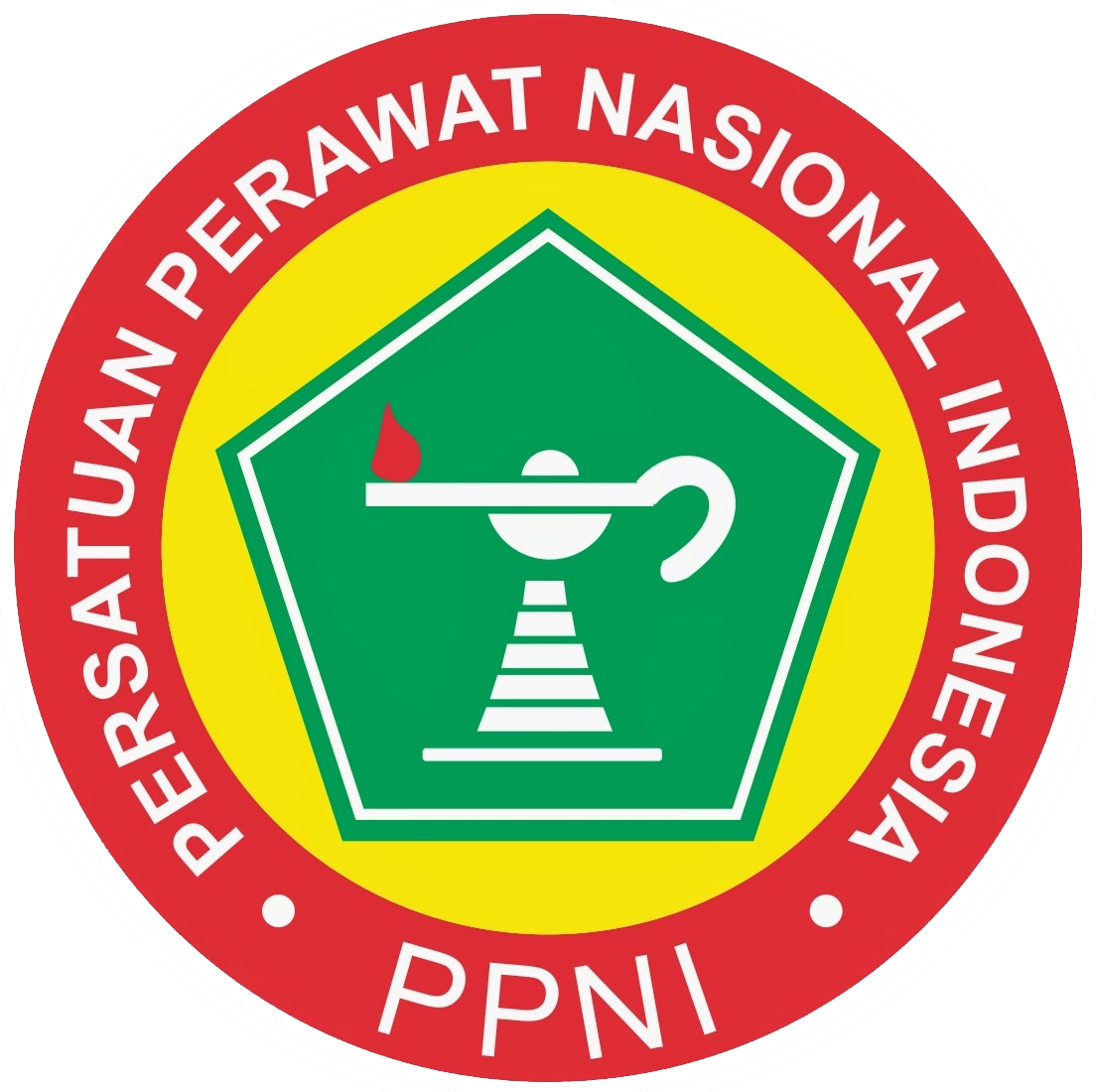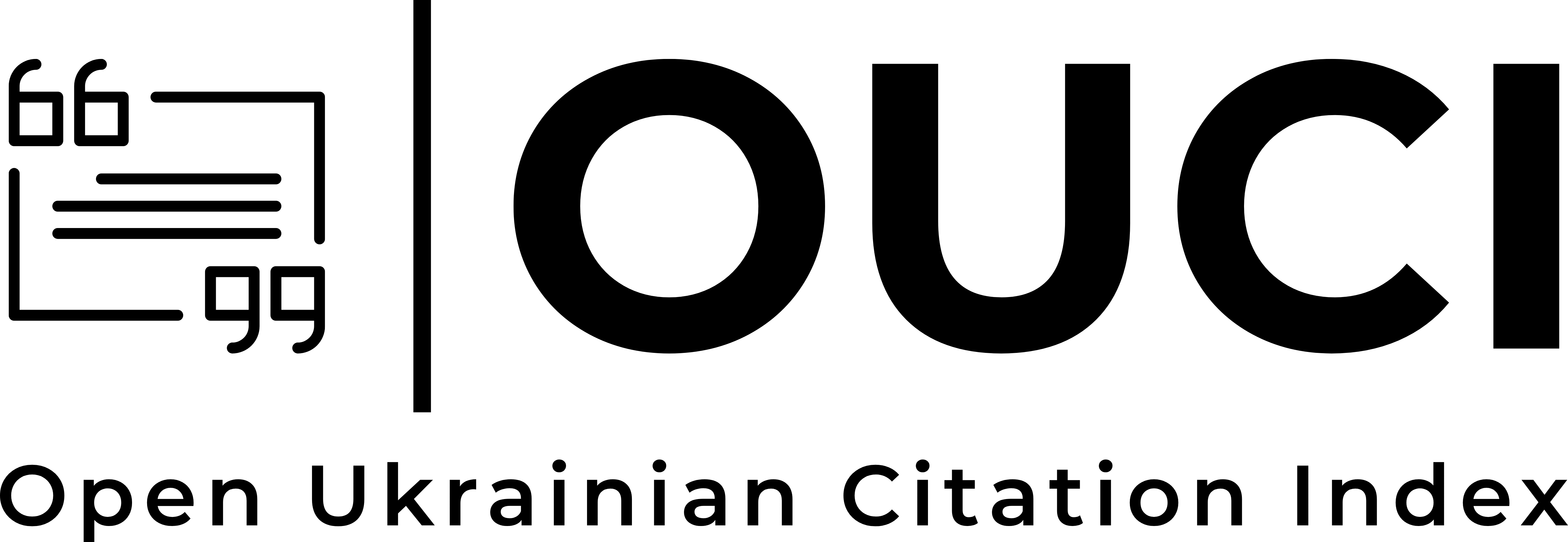HEALTH EDUCATION FOR STUDENT CADRES IN MIDDLE SCHOOL HEALTH CENTER TO IMPROVE THEIR KNOWLEDGE OF ADDITIONAL AND BALANCE NUTRITION
Abstract
Keywords
Full Text:
PDFReferences
Badan Pengawas Obat dan Makanan, 2019. Peraturan Badan Pengawas Obat dan Makanan Nomor 11 Tahun 2019 Tentang Bahan Tambahan Makan. Jakarta : BPOM
Badan Pengawas Obat dan Makanan, 2018. Peraturan Badan Pengawas Obat dan Makanan Nomor 7 Tahun 2018 Tentang Bahan Baku yang dilarang dalam pangan Olahan. Jakarta: BPOM
Chilakapati, J., Mehendale, H. M., 2014. Acceptable Daily Intake (ADI), Encyclopedia of Toxicology 3rd Edition. 8-9.Elsevier Inc.
Direktorat Standarisasi Pangan Olahan, 2016. Bahan Tambahan yang dilarang digunakan dalam Produk Pangan. http://standarpangan.pom.go.id/berita/bahan-tambahan-yang-dilarang-digunakan-dalam-produk-pangan Diakses pada 7 Februari 2021
Kementrian Pendidikan dan Kebudayaan, 2019. Pedoman Pembinaan dan pengembangan UKS/M. Jakarta: Direktorat Jenderal Pendidikan Dasar dan Menengah Kemnetrian Pendidikan dan Kebudayaan.
Menteri Kesehatan Republik Indonesia, 2014. Peraturan Menteri Kesehatan Republik Indonesia Nomor 41 Tahun 2014 Tentang Pedoman Gizi Seimbang, Jakarta : Menteri Kesehatan Republik Indonesia.
Nuryanto, Pramono, A., Puruhita, N., Muis, S. F., 2014. Jurnal Gizi Indonesia Vol.3 No.1., 32-36.
Paratmanitya, Y., Aprillia, V., 2016. Kandungan Bahan Tambahan Pangan Berbahaya pada Makanan Jajanan Anak Sekolah dasar di Kabupaten Bantul, Indonesian Journal of Nutrition and Dietetics 4 (1), 49-55.
Yurni, A., Sinaga, T., 2017. Pengaruh Pendidikan Gizi Terhadap Pengetahuan dan Praktik Membawa Bekal Menu Seimbang Anak Sekolah Dasar, Media Gizi Indonesia, Vo. 11 No.2., 183-190.
Wariyah, C., Dewi, S. H. C., 2013. Penggunaan Pengawet dan Pemanis Buatan pada Pangan Anak Sekolah (PJAS) di Wilayah Kabupaten Kulon Progo-DIY, AGRITECH, Vol.33 No.2, 146-153.
DOI: https://doi.org/10.21776/ub.caringjpm.2021.001.02.3
Refbacks
- There are currently no refbacks.
Copyright (c) 2021 Caring : Jurnal Pengabdian Masyarakat

This work is licensed under a Creative Commons Attribution 4.0 International License.
 Media Online
Media Online Media Cetak
Media Cetak











